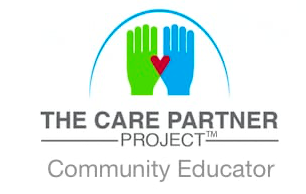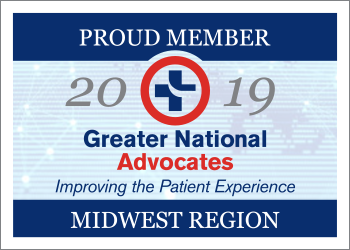 After my last blog post about how to talk to your aging parents, my friend’s dad (a faithful reader of my blog!) wrote to me and said “the flip side of this is for parents to learn how to handle the often inevitable conversation with their children. Y’know: How to have the conversation that you don’t want to have but know that you eventually have to have.” It turns out that there is a whole lot of advice out there for adult children who need to have difficult conversations about aging, caregiving, and safety with their parents but very little advice for the reverse. How can aging parents be more open to having their adult child(ren) approach them about these topics? A Google search found one related article, What Aging Parents Want from Their Kids, which offers anecdotal observations and advice — with a theme being that aging parents often feel as if they’re constantly being assessed by their children. (An amusing, and close-to-home takeaway from this article is that apparently aging parents don’t like it when their children and grandchildren go through their refrigerator pointing out everything that is past the expiration date!)
The above article referenced a 2004 SUNY-Albany study where older parents were asked in focus group interviews about their relationships with their adult children. Here are the main findings: “When discussing their adult children, participants reveal strong desires for both autonomy and connection, leading to ambivalence about receiving assistance from them. They define themselves as independent but hope that children’s help will be available if needed. They are annoyed by children’s over protectiveness but appreciate the concern it expresses. They use a variety of strategies to deal with their ambivalent feelings, such as minimizing the help they receive, ignoring or resisting children’s attempts to control, withholding information from children to maintain clear boundaries, seeking others as confidants, and rationalizing children’s unavailability. They actively strive for a balance in their relationships with children.” What does that mean in plain language? Family relationships and feelings are messy! So, if you’re an “aging parent” and your adult children are trying to talk to you about difficult issues, what can you do to help the conversation go well?
Bottom Line: It’s all about communication. And - same bottom line as last month’s article - BOTH adult children and aging parents should take the time to plan for and start having these difficult conversations before there is a crisis. You’ll be glad you did. Comments are closed.
|
AuthorWrite something about yourself. No need to be fancy, just an overview. Archives
February 2024
Categories |

 RSS Feed
RSS Feed



